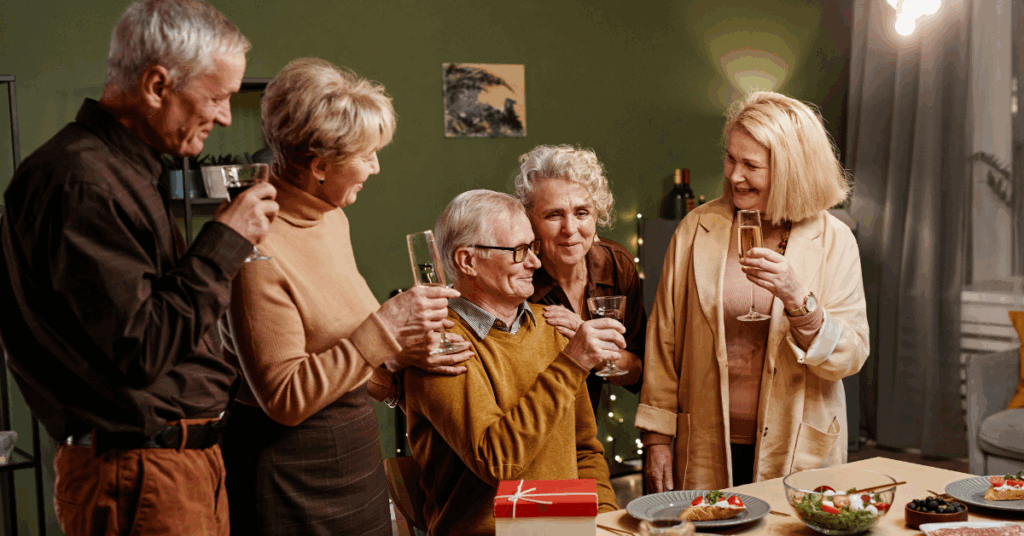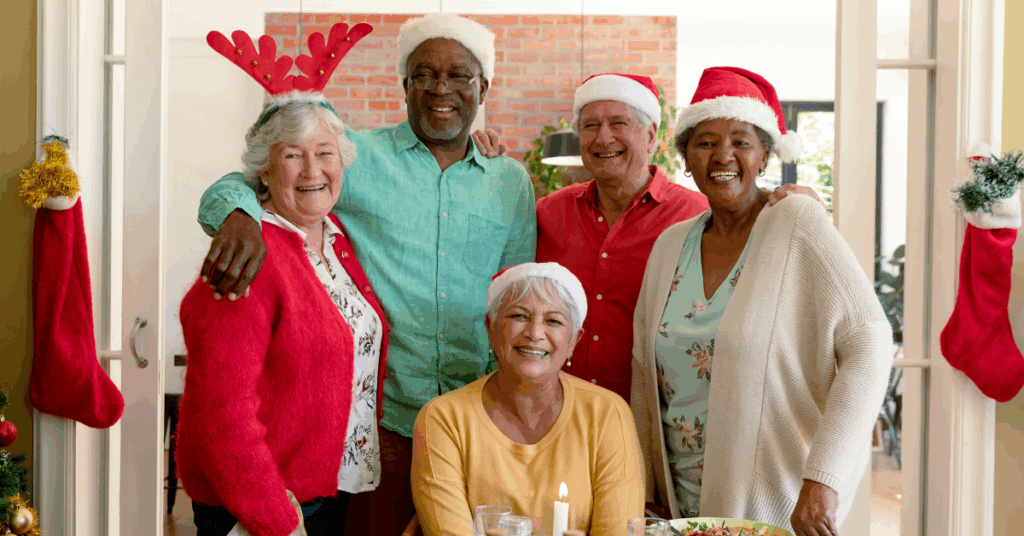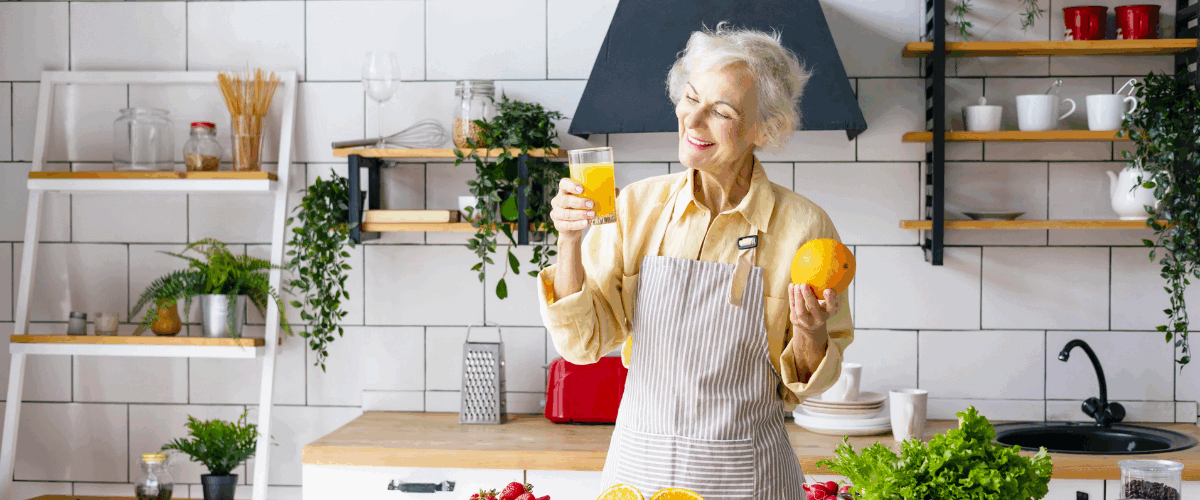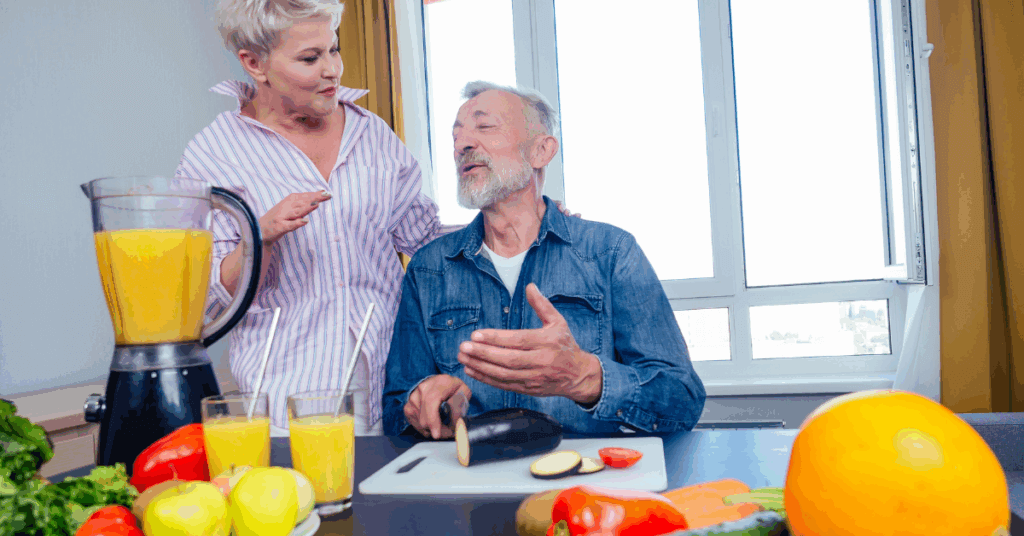
Senior Living: How to Use the LOVE Language of Care

Conversations about senior care touch the deepest parts of our hearts. When families gather to discuss a loved one’s changing needs, emotions rise quickly, words feel inadequate and everyone wants to do right by the person they cherish most—especially when navigating the transition to senior living in Tacoma, WA.
The L.O.V.E. method transforms senior care conversations by prioritizing emotional connection before addressing practical concerns, creating more meaningful and respectful interactions with aging loved ones.
This Valentine’s season creates a beautiful opportunity to approach these tender moments differently. The L.O.V.E. method—Listen, Observe, Validate, Empower—offers families a gentle framework for honoring both feelings and practical needs during important conversations about assisted living.
What Is The L.O.V.E. Method And Why Does It Matter In Senior Care?
Every senior deserves to feel valued and heard, yet too often our busy lives leave little room for the deeper connections they crave. The L.O.V.E. method creates a framework for meaningful connections that transforms how families approach conversations about senior care.
Defining the L.O.V.E. acronym: Listen, Observe, Validate, Empower
Each letter in L.O.V.E. represents a thoughtful approach to connecting with your senior:
Listen with your whole heart. Face your loved one, make eye contact and focus completely on understanding their words rather than planning what you’ll say next. Put away your phone, quiet your mind and be fully present for them.
Observe the things they cannot say. Watch for changes in posture, facial expressions or gestures that reveal deeper feelings or unspoken needs. Sometimes a senior’s body language tells the real story when words feel too difficult to find.
Validate their experiences instead of trying to fix everything immediately. Acknowledge their feelings as real and important, recognizing that their perspectives matter deeply. The findings of a study show that “compassionate love” (caring, trust, wanting to spend time with others) improves well-being even outside of family structures (Kahana et al., 2021).
Empower them with genuine choices and respect. Help them feel truly understood through empathy while offering real options that preserve their sense of independence.
Tips For Talking About Assisted Living
Focus on the positives when discussing assisted living. Talk about new friendships, maintained independence and relief from home maintenance rather than just care needs. Connect these benefits to what already matters to them.
Pick peaceful moments for these talks, never during stress or crisis. Remember that good conversations don’t always end with decisions; they build the foundation for ongoing dialogue.
Most importantly, unless your parents are mentally incapacitated, the ultimate decision belongs to them. You can share concerns out of love while still honoring their right to choose their own path.
Why Valentine’s Day is a meaningful time to apply it
Valentine’s Day creates the perfect backdrop for strengthening relationships with seniors. This mid-winter celebration can brighten spirits during months when isolation feels heaviest.
This holiday gives families a natural opening to express care beyond traditional romantic gestures. Small acts like bringing heart-shaped cookies from their favorite bakery or decorating their room with cheerful colors can transform an ordinary day into something special.
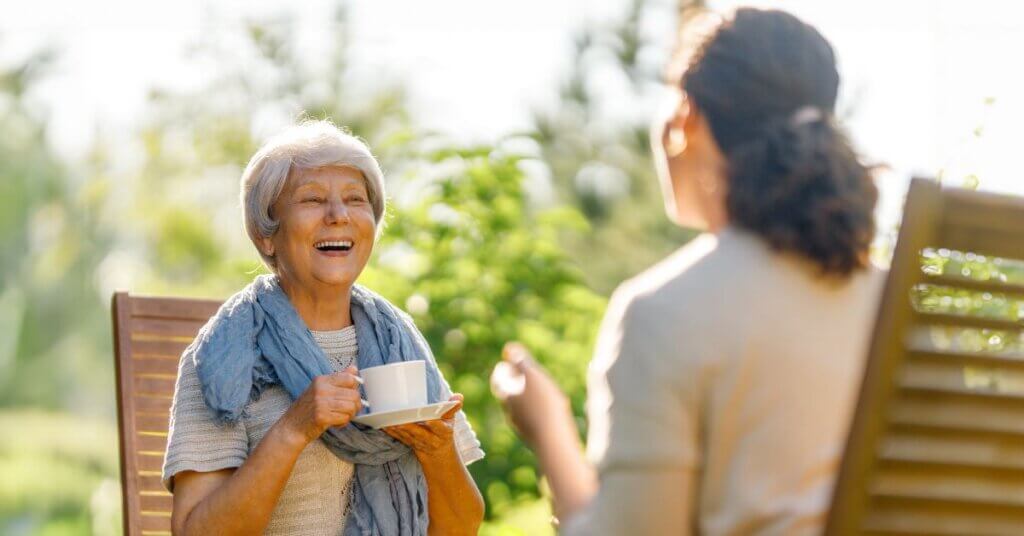
What Are Some Practical Ways To Show Love?
Make sure your loved ones feel loved and heard when talking about senior living options. Valentine’s Day holds a great opportunity to show love in the smallest gestures, personalized attention and meaningful connections.
Non-material gifts that make a difference
Your presence matters more than any present ever could. Regular communication creates the foundation for emotional connection with seniors, whether you visit in person, call weekly or video chat from across the country.
Setting up a routine gives your loved one something beautiful to anticipate, brightening their days and reducing that heavy feeling of being forgotten.
Meaningful Valentine’s ideas for assisted living residents
Consider gifts that spark cherished memories: engraved photo frames featuring family moments, memory books filled with shared stories or custom jewelry that holds special meaning.
Comfort becomes especially precious during this season. Soft fleece blankets, heated slippers for chilly mornings or luxurious robes offer both physical warmth and the emotional comfort of being cared for. Handwritten cards or heartfelt letters often become treasured keepsakes, something your loved one can return to whenever they need to feel your love.
Authentic Conversations With L.O.V.E.
The heart of caring for our aging loved ones lies not in perfect words or flawless timing, but in our willingness to truly connect. The L.O.V.E. method gives families a gentle way to honor both emotions and practical needs, creating space for authentic conversations.
This Valentine’s season offers the perfect moment to start fresh with these heartfelt communication techniques. Your consistent presence, genuine listening and respectful empowerment mean far more than any gift you could bring.
When you choose connection over control, something beautiful happens—resistance softens, trust deepens and even the most difficult conversations become manageable.
Call Peoples Senior Living at (253) 474-1741 to learn more about assisted living care options and have enough information to talk to your loved one about retirement.
FAQs
Q1. What exactly is the L.O.V.E. method in senior caregiving?
The L.O.V.E. method is a simple, compassionate approach to care that stands for Listen, Observe, Validate and Empower. It’s all about building trust and connection—really listening to what your loved one says, noticing nonverbal cues, honoring their feelings without judgment and helping them feel respected by offering choices instead of taking control.
Q2. How can I use the L.O.V.E. method to start a tough conversation about care needs?
Start by choosing a calm, private moment and listening without jumping in or correcting. Pay attention to body language and tone to understand how they’re feeling. Let them know their emotions make sense by saying things like, “I can see this is hard for you.” Then, instead of giving ultimatums, offer options and invite them into the decision—this helps them feel supported rather than pressured.
Q3. How can I show love to a loved one who’s transitioning to assisted living?
Love shows up in small, consistent ways. Spend quality time together, do activities they enjoy and stay connected through regular calls or video chats. Thoughtful gifts—like photos or familiar items—can bring comfort and spark memories. Most importantly, be present during visits and keep communication steady. That sense of reliability and care goes a long way during big life changes.
